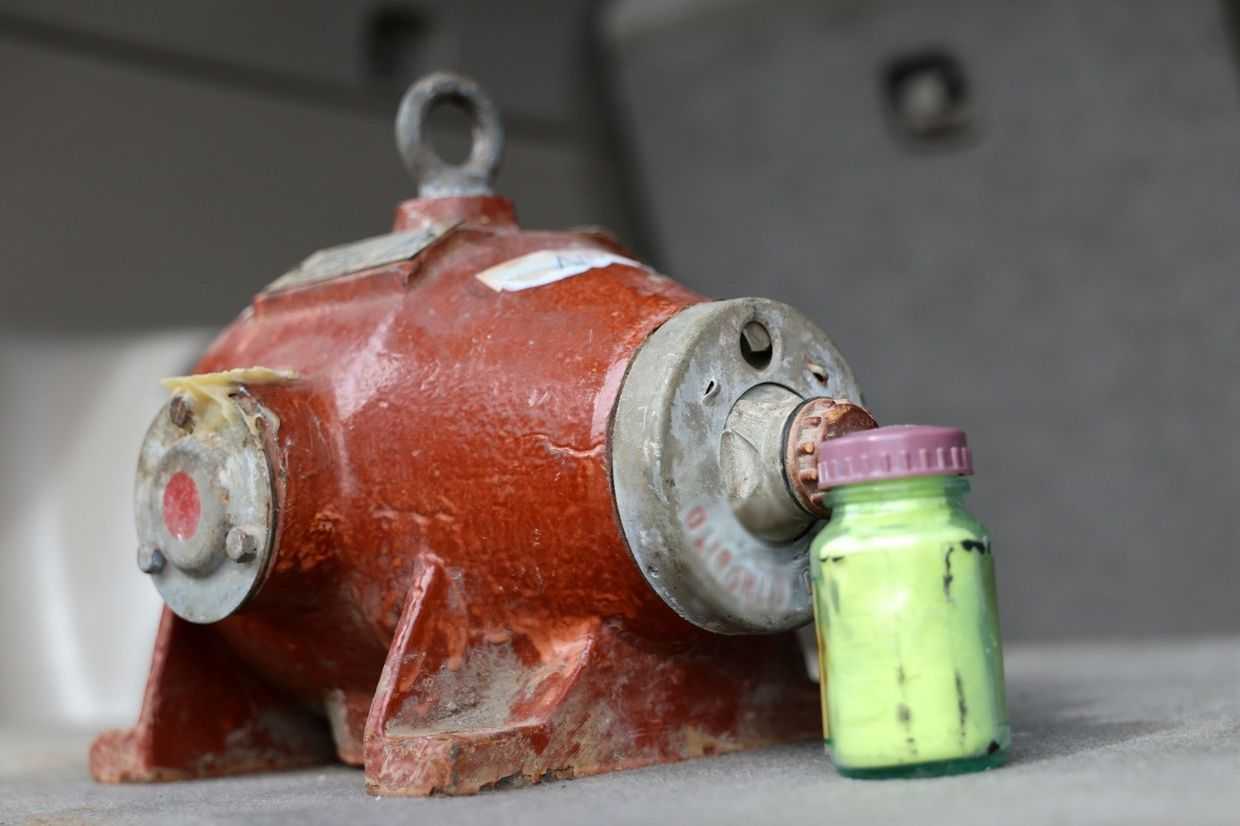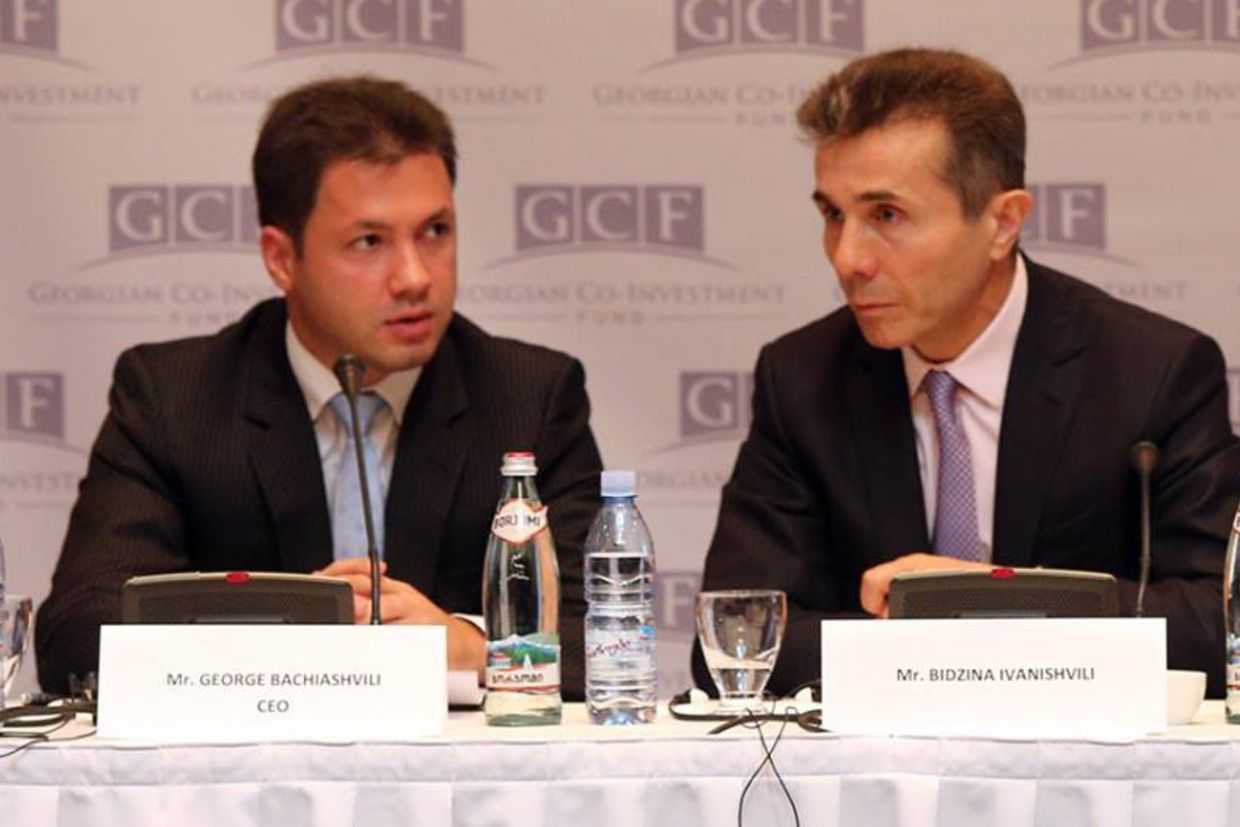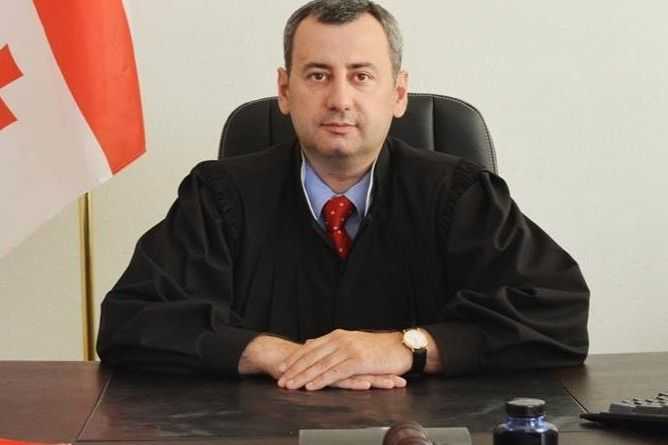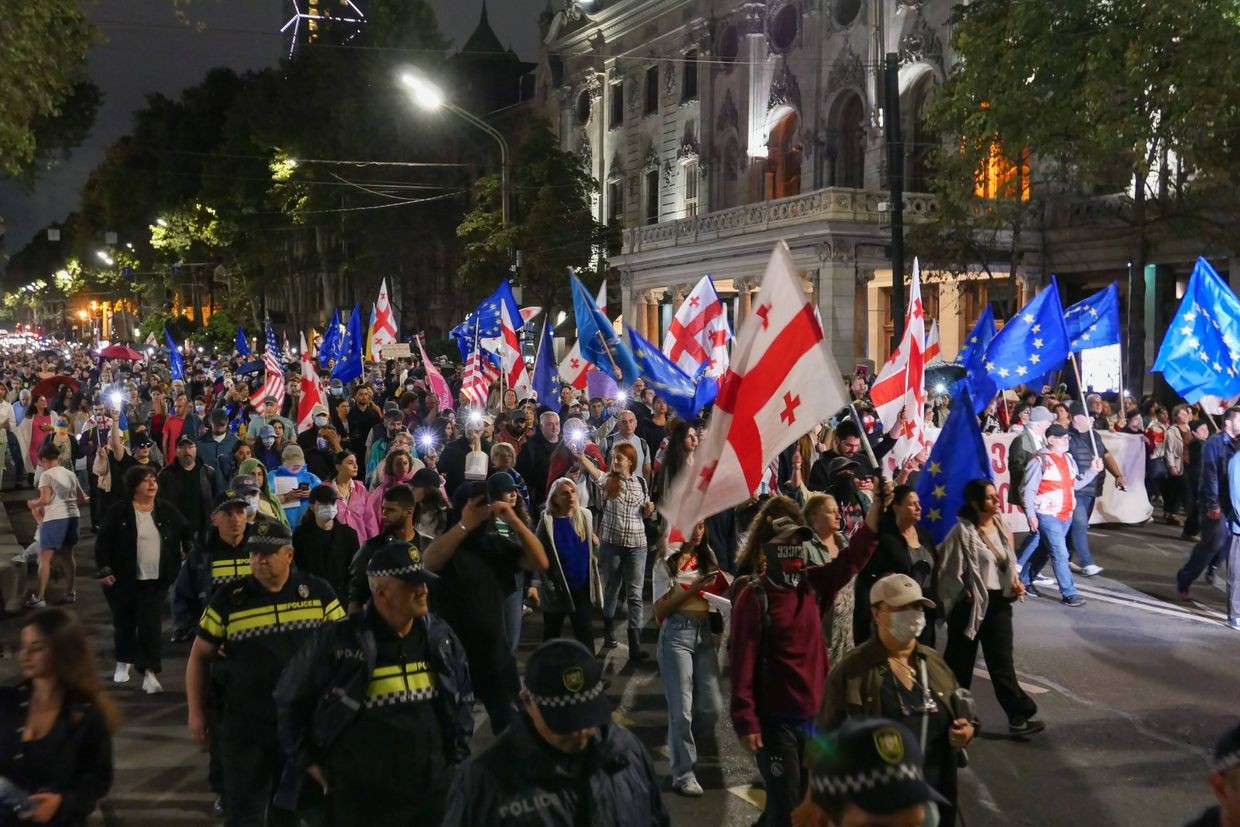
Editor’s note: This material was amended to clarify the content of the final version of the legislation related to individual political bans.
Georgia’s Parliament, fully controlled by the ruling Georgian Dream party, has fast-tracked legislative amendments that would severely restrict street protests and allow the courts to ban individuals from engaging in political activity.
The third reading of the bills, which were adopted unanimously, took place on Thursday.
After officially coming into force, the amendments will tighten the already restrictive legislation governing protests by abolishing fines and introducing direct imprisonment.
The now-passed legislative package introduced increased punishments in several cases, including covering one’s face during a protest (with a mask or any other means); possessing tear gas, nerve agents, or poisonous substances at a protest; and partially or fully blocking a road if police decide it is unnecessary based on the number of demonstrators.
In all such cases, first-time offences will be punishable by up to 15 days of administrative detention, which previously was just an alternative measure to a fine. Repeat offences will be treated as criminal acts, punishable by up to one year in prison, and subsequent repeat offences by up to two years.
Additionally, the bill introduces up to 60 days imprisonment for those found carrying firearms, flammable substances, bladed or blunt weapons, or pyrotechnics at a protest, as well as for those who refuse to obey police orders to disperse.
The criminal code will also be amended so that insulting a police officer or disobeying their orders for a third time will result in up to one year of imprisonment, and up to two years for repeat offences, with no option of fines or alternative penalties.
The initiation of this latest restrictive legislation comes at the heels of numerous recent statements by high-level government officials downplaying the significance of the daily anti-government demonstrations, which first began on 28 November after the ruling Georgian Dream party announced it was halting Georgia’s EU integration.

Political bans
The other piece of legislation passed on Thursday will allow the banning of individuals from political activity.
According to the legislation, if the Constitutional Court cancels a party’s registration, individuals ‘duly affiliated’ with that party may be banned from founding, leading, or joining political parties, holding party positions, or occupying state-political or constitutional leadership roles.
It may also be prohibited to include such individuals in electoral lists; if they are listed, the party’s registration will be revoked. Consequently, these individuals will lose the right to participate in elections altogether.
According to the third and adopted version of the legislation, the court’s consideration of individual bans will depend on whether the claimant requests them.
This comes as Georgian Dream prepares a constitutional lawsuit through which the ruling party seeks to ban the country’s major opposition groups, including the ex-ruling United National Movement party (UNM).
The ruling party’s position is that the UNM, which governed the country from 2003 to 2012, represented a criminal regime and should not be allowed to continue existing as a party.
To underscore the alleged ties between the UNM and other major opposition parties operating in the country, Georgian Dream often uses the terms ‘UNM satellites’ and ‘collective UNM’.
‘The lawsuit will list the parties that are believed to violate the constitution, as well as the individuals whose leadership roles in political parties and other related activities would be restricted’, Parliamentary speaker Shalva Papuashvili said on Tuesday, as quoted by IPN.
Papuashvili said the list did not include all members of the targeted parties, but emphasised that it would still affect ‘several hundred members’.
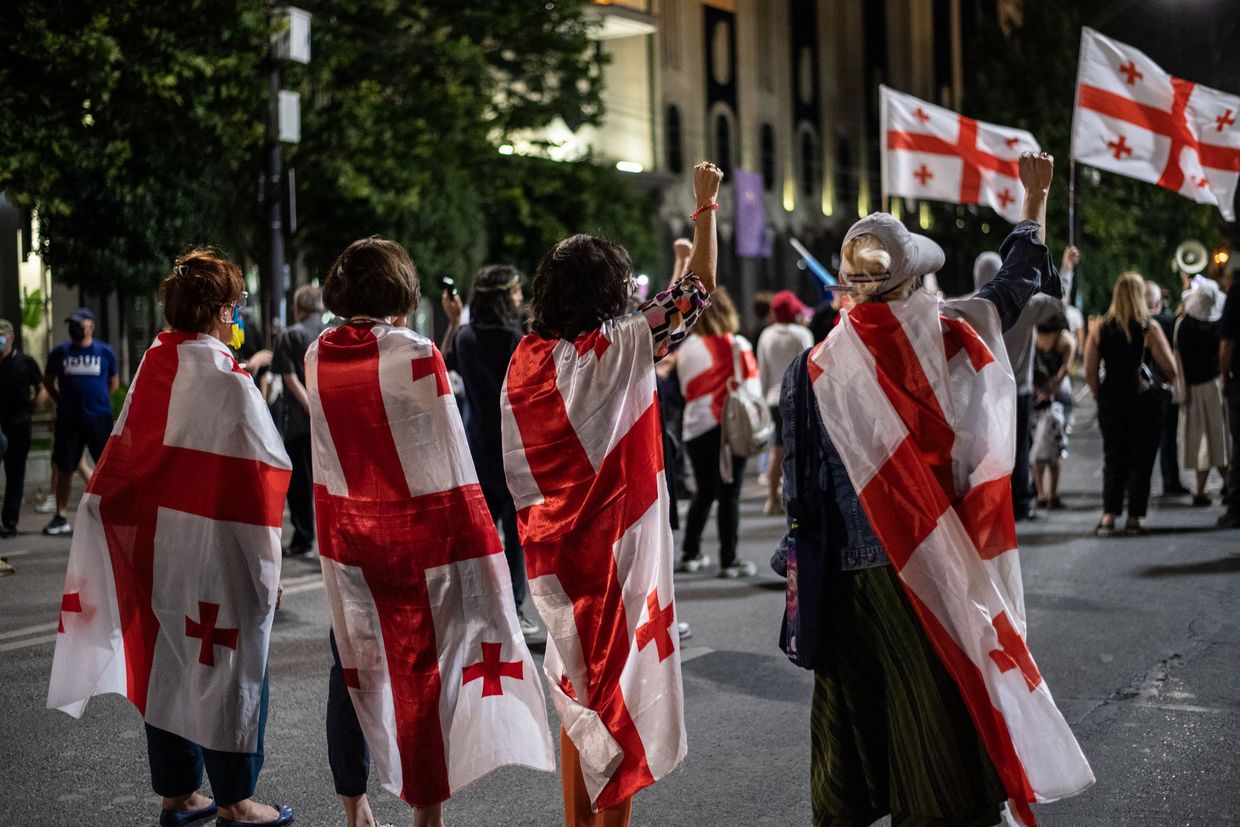
Georgian Dream based its demand for a ban on the opposition on the findings of a parliamentary commission created to investigate the opposition in February 2025.
The commission’s lengthy report, released in September, not only condemned the UNM’s period in power and accused it of major crimes, but also stated that the ‘radical opposition’ — a term the ruling party uses to refer to the UNM and Georgia’s other pro-Western opposition groups — has, since 2012, ‘been a decisive obstacle to the establishment of a healthy political system in Georgia’.
‘This [lawsuit] will not apply to just one or two parties. You will see the full list once the lawsuit is submitted to the Constitutional Court and that will happen very soon’, Prime Minister Irakli Kobakhidze said on Tuesday.
Since 2024, and especially in parallel to the ongoing anti-government protests, Georgia’s ruling party has passed barrages of restrictive legislations targeting civil society, independent media, political opposition, and street protests.
The restrictive laws are being passed in a parliament where opposition is virtually nonexistent, having vowed to boycott the legislative body following the disputed 2024 parliamentary elections.






